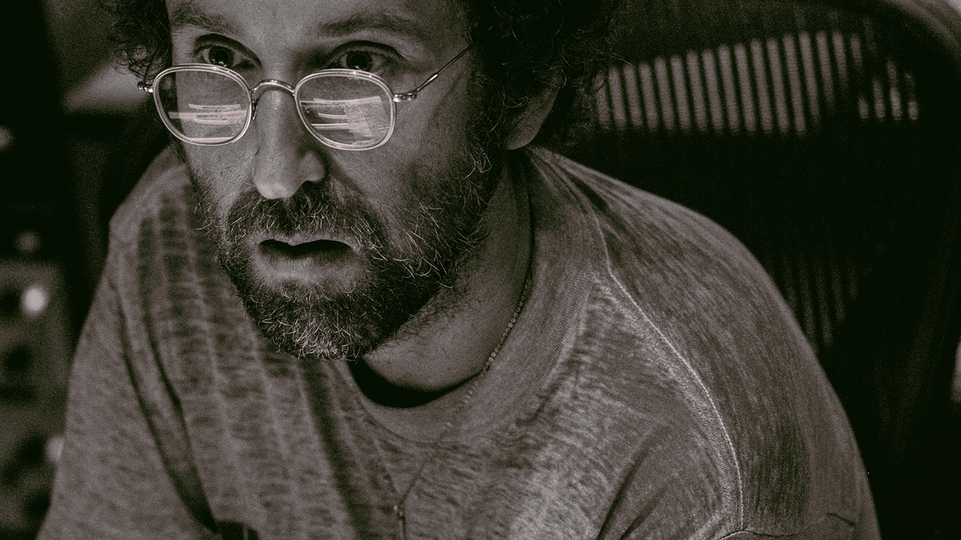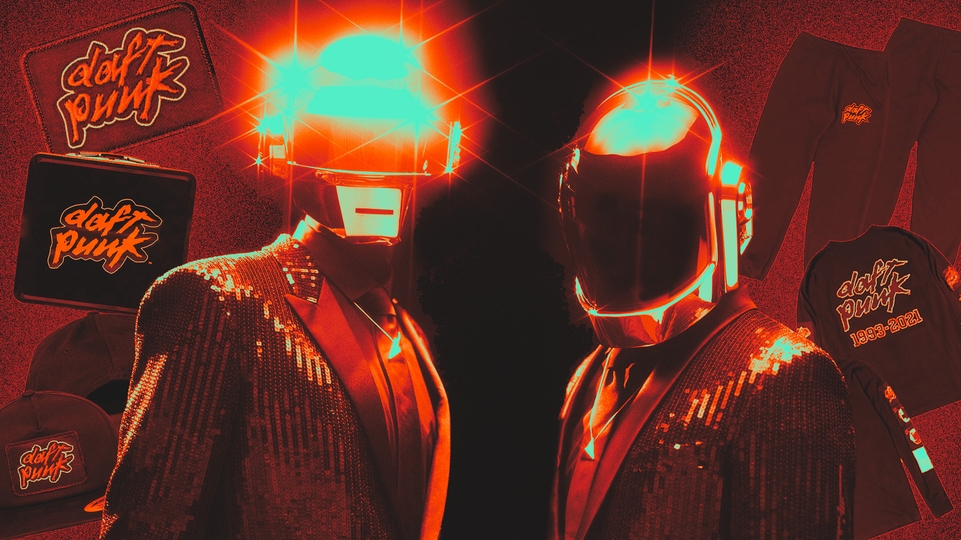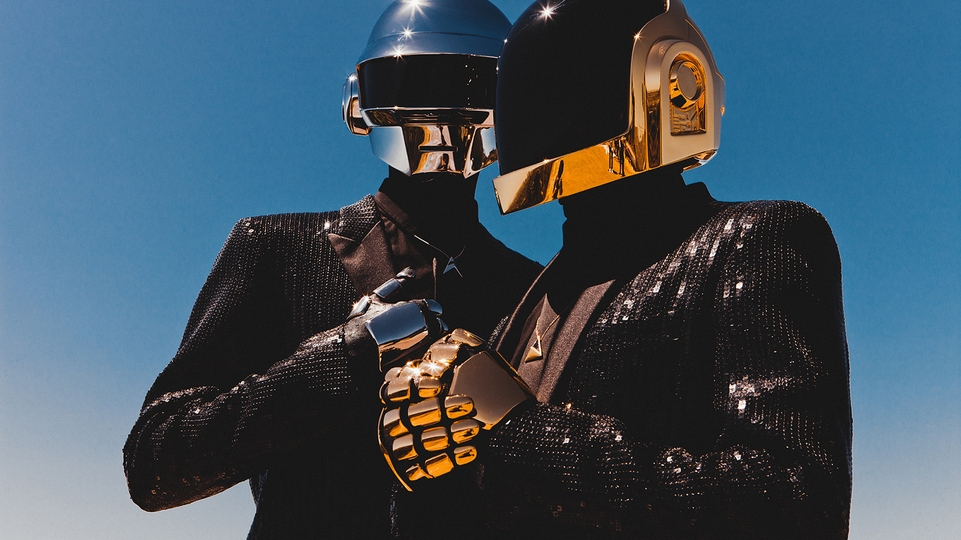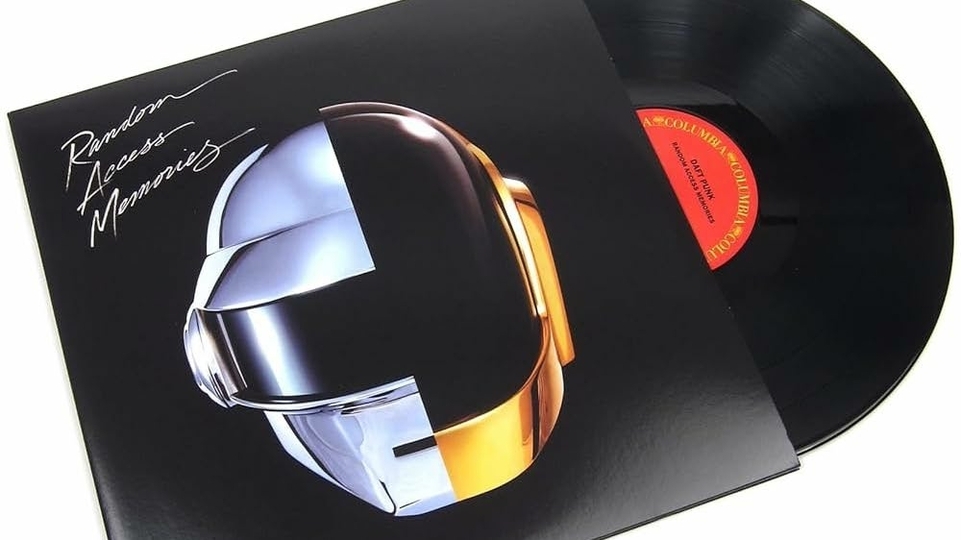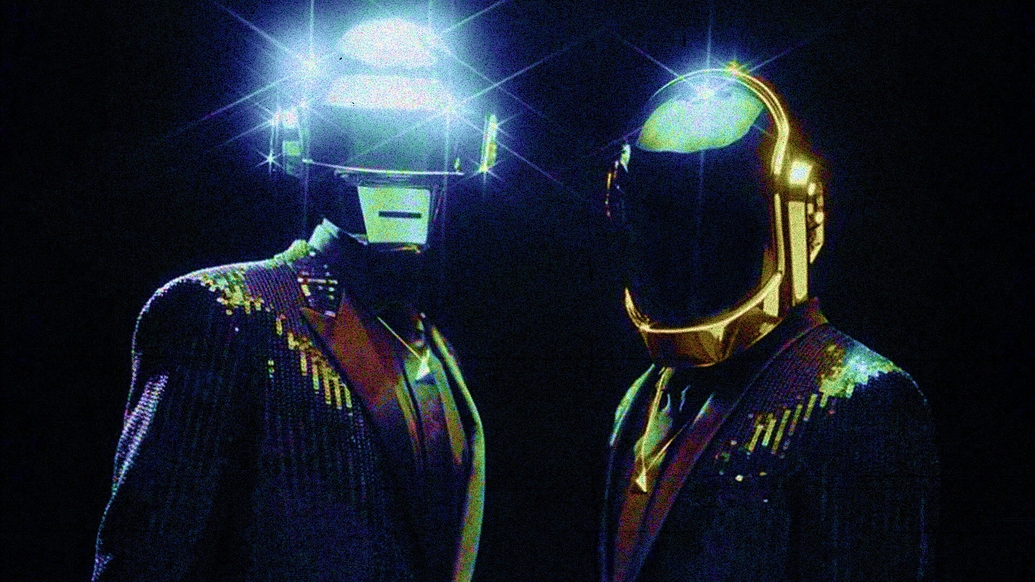
Daft Punk: always moving, always innovating, always brilliant
It’s hard not to be hyperbolic when considering the career of Daft Punk. Ben Cardew on how the French duo's ability to constantly reinvent electronic music, time and again, makes them one of the most important electronic acts after Kraftwerk
It seems strangely appropriate that the song that would end it all for Daft Punk — the French duo that announced their split earlier today — the song that would call an end to one of the most exciting, innovative and loved careers in electronic music, would be 'Touch', an orchestral ballad crooned by Paul Williams, a singer in his 70s who once worked with The Muppets.
Daft Punk could have announced the end of their 28-year career with a house banger, a slice of tormented techno or a massive pop disco number. They had plenty of all of those. Rather, though, they chose something totally different, something very odd and yet still classical, to soundtrack the end of their career, when, mysterious to the end, they uploaded a video called Epilogue to their YouTube channel one cold February afternoon, and caught us all off guard.
Because Daft Punk — Thomas Bangalter and Guy-Manuel de Homem-Christo, two amiable French producers from comfortable Paris backgrounds — always looked to be different. When the world was expecting another techno 12 inch, after their 1993 debut for Soma, 'The New Wave', they released 'Da Funk', a Dr Dre-ish funk number that ambled along at the pace of afternoon sunshine. When other producers were catching on to the filtered house sound of their debut album 'Homework', they came back with 'Discovery', an album that combined soft rock with baroque electronics. And when EDM and recording software were all the rage, they spent hundreds of thousands of dollars recording 'Random Access Memories', a classic Californian pop album, in LA and New York's best studios.
It’s hard not to be hyperbolic when considering the career of Daft Punk. They were, alongside the likes of Juan Atkins and Frankie Knuckles, one of the most important electronic acts after Kraftwerk, an insanely talented duo who managed to reinvent electronic music time and again. 'Homework', their debut album, popularised the filter disco sound that led to the French house boom; 'Human After All', their third album, was a key text for a new wave of electronic music producers, from Justice to Skrillex; 'Random Access Memories', their fourth and final studio album, proceeded the recent disco pop boom. You could — and frankly people did — make a career out of Daft Punk’s humblest off cuts.
As for 'Discovery', well, I'm currently writing a book on the album (due out this summer on Velocity Press)... That’s how much I love 'Discovery', a record that was responsible for (at the very least) introducing soft rock to dance music, popularising Autotune, bringing robotic voices to Kanye West and dragging dance music away from minimalism, in favour of a furious, glowing digital maximalism. I think it would be fair to call it one of — arguably the — most important albums of the past two decades.
And that’s only their recorded work. Daft Punk also managed to redefine live electronic music with their peerless Alive 2006/7 tour, a sonic spectacle that saw the band chop up and redesign their catalogue into amazing new shapes, like the ultimate Daft Punk DJ mix. It simultaneously raised the bar on the visual presentation of live electronic music to astounding new levels, thanks to their shape-shifting pyramid set. Hundreds of thousands of people saw that tour and — as their final live act — it was fittingly brilliant.
Then there were the robot disguises, those two blacked out domes that came to define latter period Daft Punk, making us all forget, perhaps, that behind this incredible spectacle that was 21st Century Daft Punk, were two respectably ageing French blokes, who you might not notice if you crossed them in the street. Donning the robot disguises around the time of 'Discovery' was a genius move, which protected Daft Punk from the ravages of fame, while projecting one of the most iconic images in all of popular music. So brilliant were the disguises, that, really, who wanted to see their faces? That is a remarkable achievement for a band of Daft Punk’s stature, in the age of camera phones and social media.
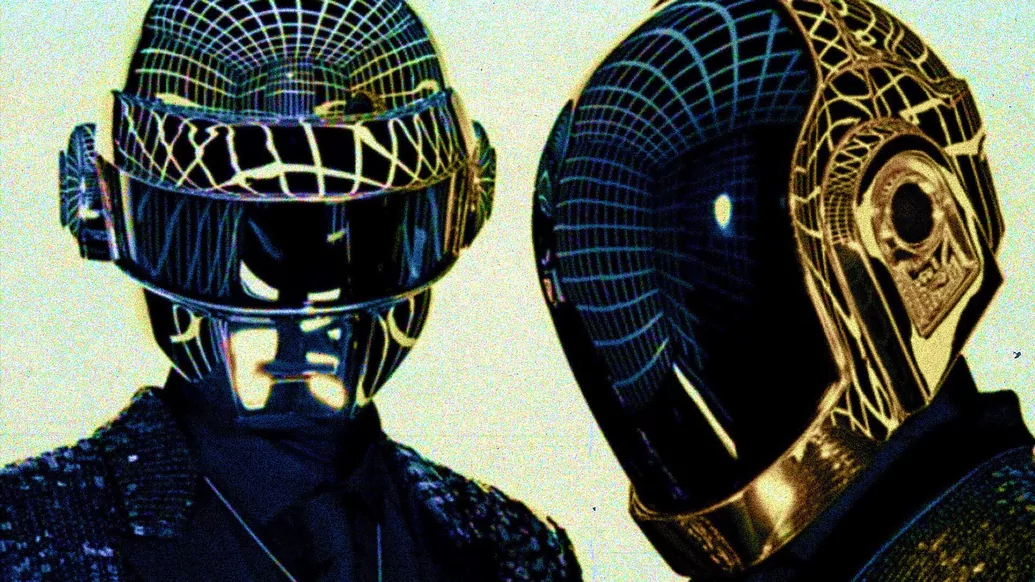

"Daft Punk could do anything. And if they choose now to do nothing now, then they leave a glittering legacy"
All this, however, would have been nothing without Daft Punk’s musical skills. You can be influential, without necessarily being very listenable. But Daft Punk were both. They had the best bass lines ('Around The World'), the funkiest beats ('Burnin’'), the greatest melodies ('Digital Love'), the nastiest noises ('Rollin’ And Scratchin’'), the catchiest hooks ('Get Lucky'), the weirdest concepts ('Touch') and even the best lyrics ('Harder, Better, Faster, Stronger'). They could do minimal ('Robot Rock') or maximal ('Aerodynamic'); fast ('Superheroes') or slow ('Emotion'); tender ('Something About Us') or tenderising ('Rock'n Roll'). And even their missteps — 'Human After All' very much divided their fan base — were interesting. Daft Punk were, quite uniquely these days, both underground heroes and mainstream stars: everyone loved Daft Punk. And for good reason.
As people, too, Daft Punk’s generosity and humility shone, always ready to acknowledge the artists that influenced them, be they booty house icons like DJ Deeon, or massive names like Brian Wilson and Dr. Dre. No one ever has a bad word to say about Daft Punk. My own brief experience with the band, when I interviewed Thomas Bangalter in 2005, left me entirely charmed, as he gave me, then a young reporter in my first job, more than an hour of his time, leaving me with his email address in case I needed more information.
Right to the end, Daft Punk were never less than remarkable. 'Random Access Memories', their final studio album, was a massive global hit. We all wanted to know what would come next. And the incredible thing was, it could have been anything. They could have returned with an album of thunderous techno or vocal house anthems, deep disco or piano laments, R&B grooves or punky beats, and it wouldn’t have surprised us. Because that’s who Daft Punk were: always moving, always innovating, always brilliant.
Daft Punk could do anything. And if they choose now to do nothing now, then they leave a glittering legacy.

